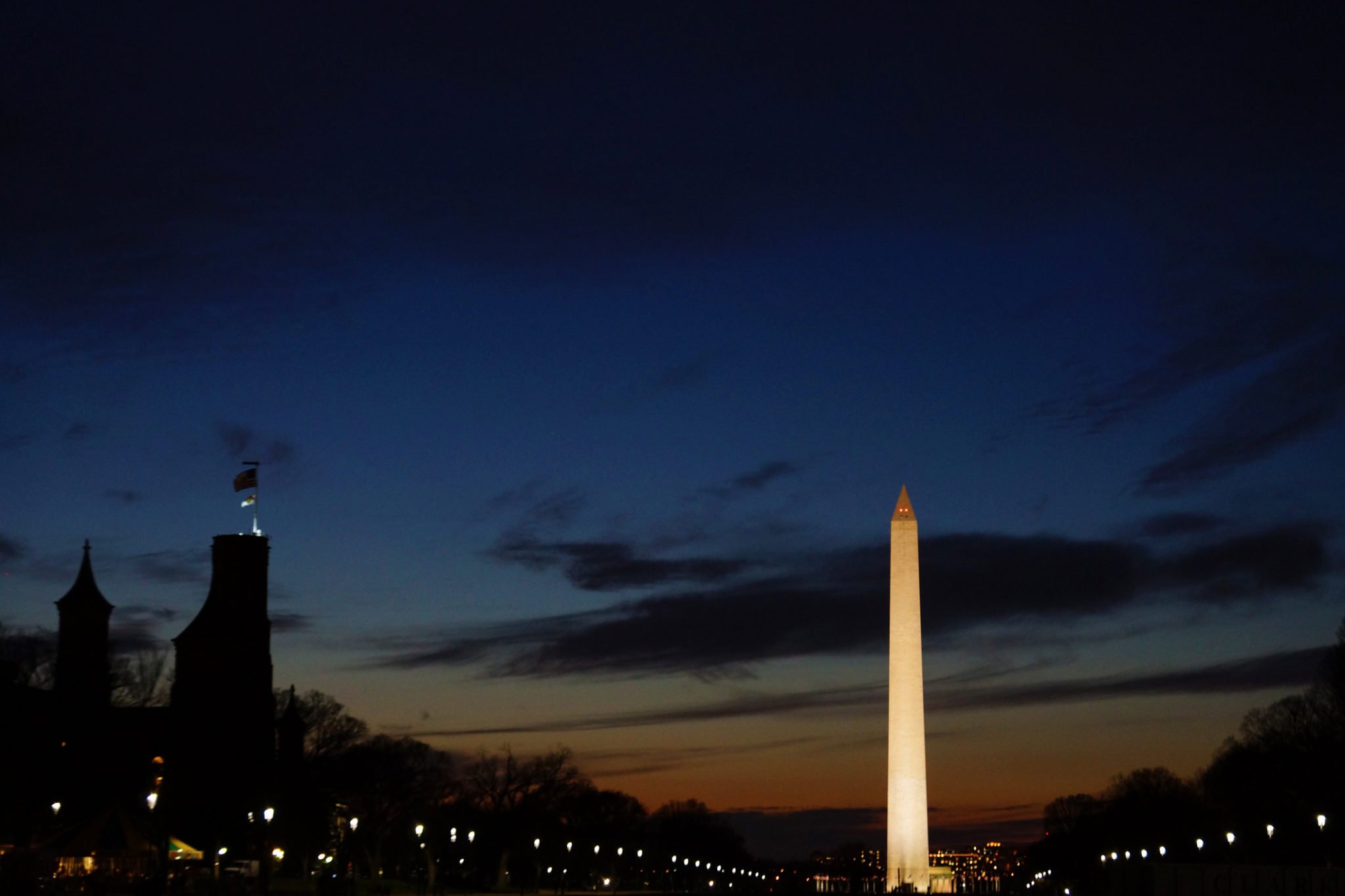About Coronavirus 2020
Washingtonian is keeping you up to date on the coronavirus around DC.
Researchers at the Stephen S. Fuller Institute at George Mason University projected Wednesday that Washington’s economy would stall out this year on account of the Covid-19 pandemic. We spoke with Jeannette Chapman, director of the Fuller Institute, for some perspective on what it means for the region and its residents.
How bad is this going to be for folks in the region?
The situation is still somewhat fluid. And this report is based off of a baseline scenario where normal activities resume in June and that in the meantime the DMV doesn’t go into a shelter-in-place situation. This has some assumptions that to some may seem rosy and to others may seem aggressive. And if that were to happen, the Washington region would have a recession and it would be relatively mild—it wouldn’t be a Great Recession level of recession, even though we really didn’t have that here. I guess the closest proxy would be the sequestration recession—the last main recession that we had.
It would’t be that large for the region in aggregate, however, there will be certain industries and households that will be disproportionately hit. So the question of how bad it will be [depends on who you are]. Especially for people who are in restaurant, retail, leisure and hospitality services, those industries are going to have the largest decreases in revenue. Because most people will opt not to go out for safety concerns.
And, as you point out in your report, many people who work in those industries don’t have a lot of savings to fall back on.
Exactly. The workers who work in those industries are disproportionately in lower income households, and so they are going to be less able to weather this. Even if it were just one month, that lost income is far more meaningful to those households compared to our office workers, many of whom will have paid leave. So it’s a different situation.
So this is really going to exacerbate the inequalities in our economy.
Yes. The net effect and the distributional effects are two different things, and I think both of them need to be discussed in order to explain what might be happening.
Typically, the federal government acts as a shock absorber against economic distress in the Washington region. Why is that not the case this time?
Usually the federal government is the stabilizer because it provides a source of income and revenue. Just a consistent—or, actually, in times of recession sometimes it provides a growing share—of revenue. That’s not the underlying economic trigger here. It isn’t an income problem necessarily. It is an access to business problem, where households either can’t or have deemed it unsafe to go about their day-to-day business and go to restaurants and movies and theater or all of the normal consumer spending items that we typically do. And it isn’t necessarily because these households had income losses. Some of them have. But in general, right now, the main reason people aren’t spending their money is because they really don’t have access to the businesses that they’d like to spend money in. And the federal government is no different. So it doesn’t matter if you have a job in the federal government or the private sector.
So from an economic perspective, this is unique.
Typically, recessions have more of a market or economic-based trigger that you can treat using the same economic or policy tools that you usually do. This is different. It’s a health crisis. And so in order to treat the economic piece you actually have to treat the health crisis first.
So because the federal government is not going to be able to serve as the economic shock absorber for the region this time, is Washington no different than Cleveland or San Diego when it comes to the economic impacts of this pandemic?
We’re different than most manufacturing-based economies because we don’t have the international supply chain risks. We have some, but we don’t rely on international manufacturing in what our main businesses do. So that means that we will have slightly less downside here because of that, but we probably very similar to other knowledge based economies where our main input into our businesses is people. And so we are still susceptible on that front.
But the federal government, as you note in your report, will be helpful to the region when it comes to the recovery.
Yes. The revenue stream to the federal government is going to be more stable–at least in the long term. And so that means that when the pandemic has tapered off and businesses can get back to work, the federal government can pick back up far more quickly than, say, restaurants can. And the same goes for many of our federal contractors. They have contracts that they can go back to, even if they have lost revenue from a few months, they’ll still be able to recoup that a little bit more easily.
The federal government is still going to be there.
Exactly. But it will only help us in the recovery period, just help us get back faster. Which is good.



![Luke 008[2]-1 - Washingtonian](https://www.washingtonian.com/wp-content/uploads/2017/10/Luke-0082-1-e1509126354184.jpg)
















